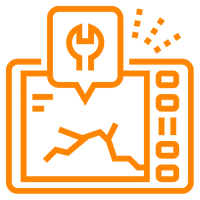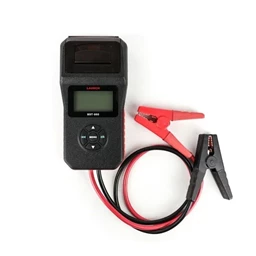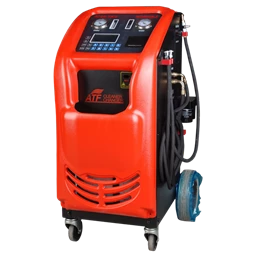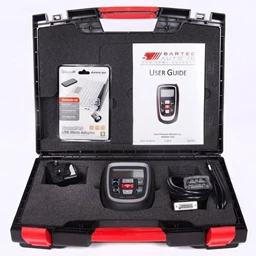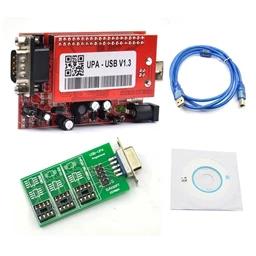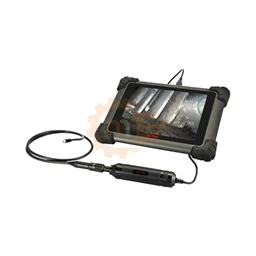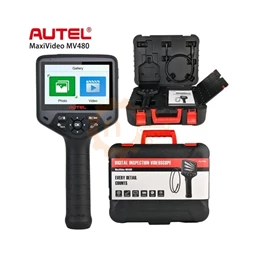What is (DoIP)? (Diagnostics over Internet Protocol)
As the name suggests, DoIP is an IP-based automotive diagnostic protocol.
It facilitates diagnostic communication between external test equipment and automotive control units (ECU) using DoIP, IP, TCP and UDP as defined by the ISO 13400-2 standard.
DoIP also supports communication between a vehicle's built-in and off-vehicle diagnostic systems.
Since DoIP provides access to the vehicle's electronic components (ECU) via the Internet, it becomes possible to receive diagnostic data from the vehicle remotely without requiring physical access to the vehicle.
In simple words, the DoIP system acts as a gateway for all new generation Remote Vehicle Diagnostics applications.
Also known as Diagnostics over Ethernet, as the standard Ethernet Physical layer is used as a transmission medium for DoIP, some of the advantages of the Ethernet MAC layer of the DoIP stack solution are:
Ethernet is a low cost technology that provides high bandwidth for data communication.
It is a flexible communication platform and can be easily integrated into an existing system.
It is a lightweight, simple shielded structured cable.
Why is DoIP system used for next generation automotive applications?
Since the Ethernet physical layer does not support bus-like structure (as in CAN), a switch is required for each network node.
This enables Ethernet-based DoIP to support speeds of up to 100 mbps compared to 500 kbps by CAN. In the past it provided diagnostic services over proprietary or KWP protocols.
However, the trend has shifted to the more popular Unified Diagnostic Services (UDS) protocol supporting various BUS systems such as CAN, K-line, FlexRay and Ethernet.
Therefore, UDS is now the most optimally used standard for the Diagnostic Protocol. The DoIP transport layer is defined as part of the UDS specification.
A larger bandwidth capacity in DoIP enables it to handle large amounts of data compared to CAN. The standardized data format in DoIP makes data less prone to error and is ideal for diagnostic services.



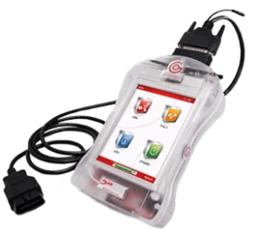
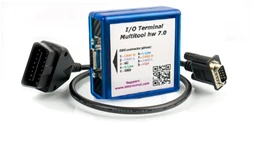
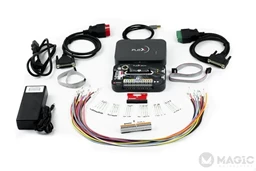
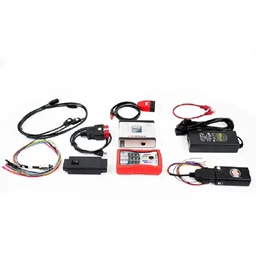
 Cihazı.webp?size=256)
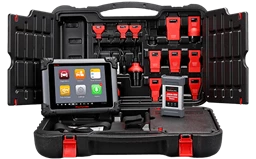
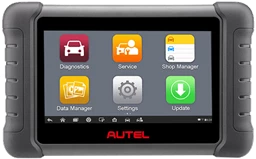

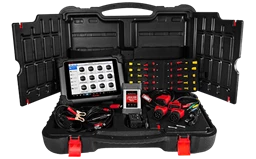


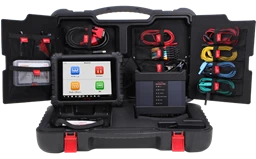
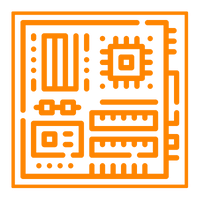

.webp?size=256)




